This research project has focused on poverty, gender, energy and health issues in the state of Himachal Pradesh (HP) in India, a mountainous state, where the energy uses include space and water heating requirements. Moreover, there is effort involved in walking with headloads of fuelwood over hilly terrain, often at high altitudes. Does the policy […]
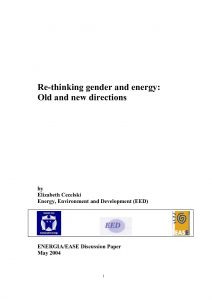
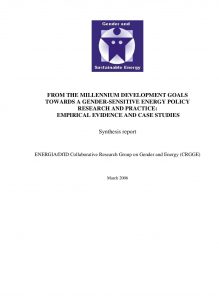
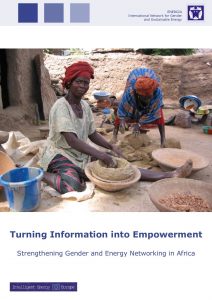
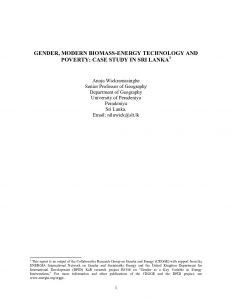
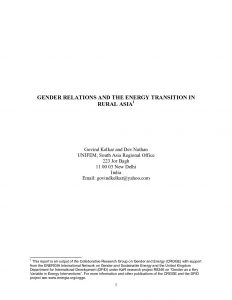
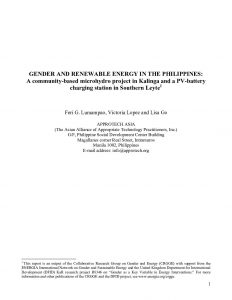
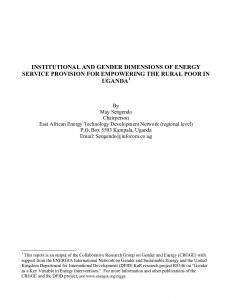
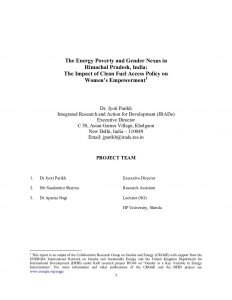
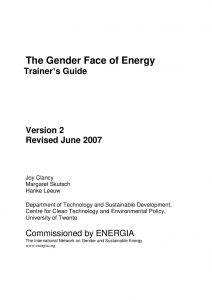

Follow us on: